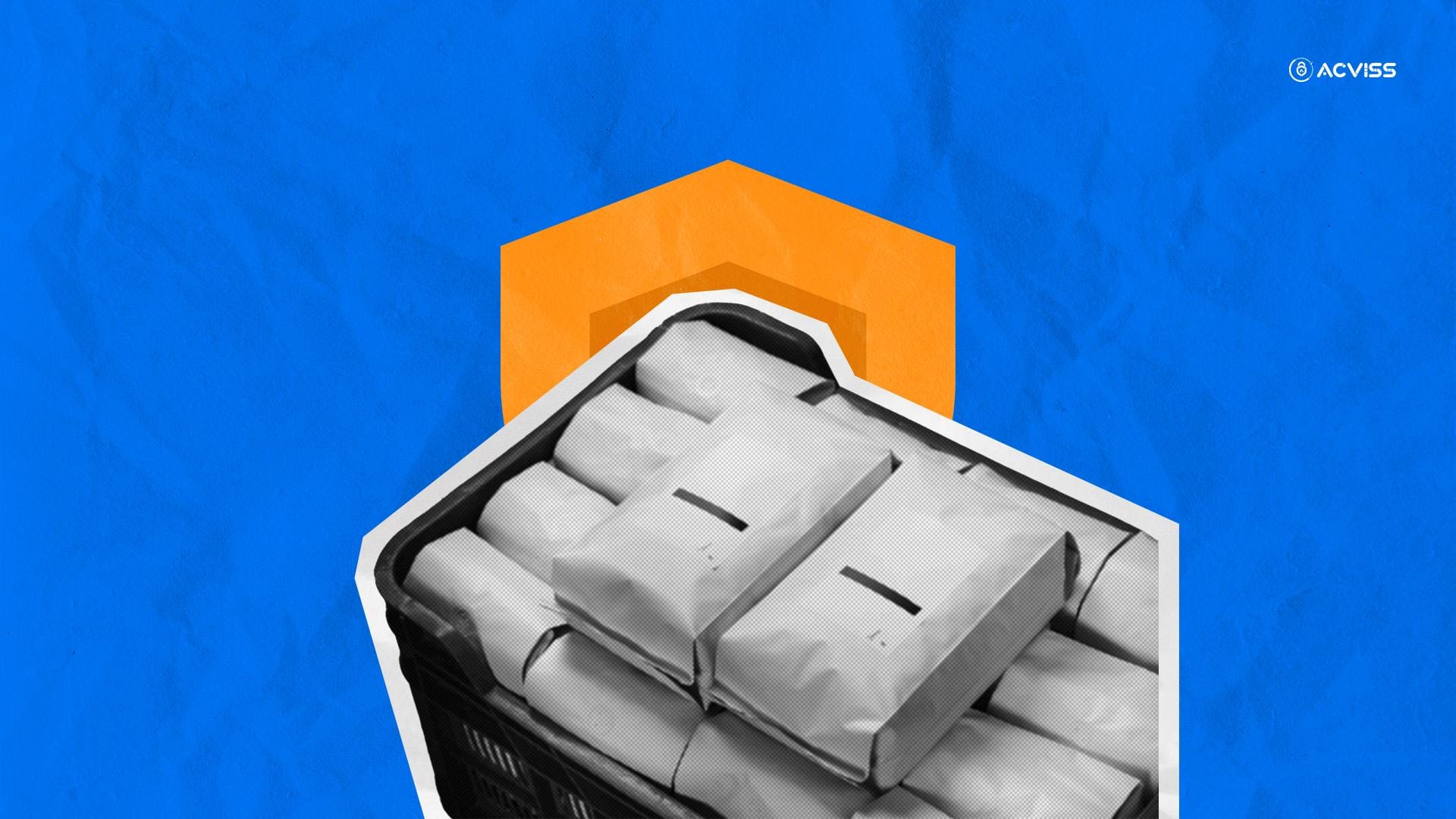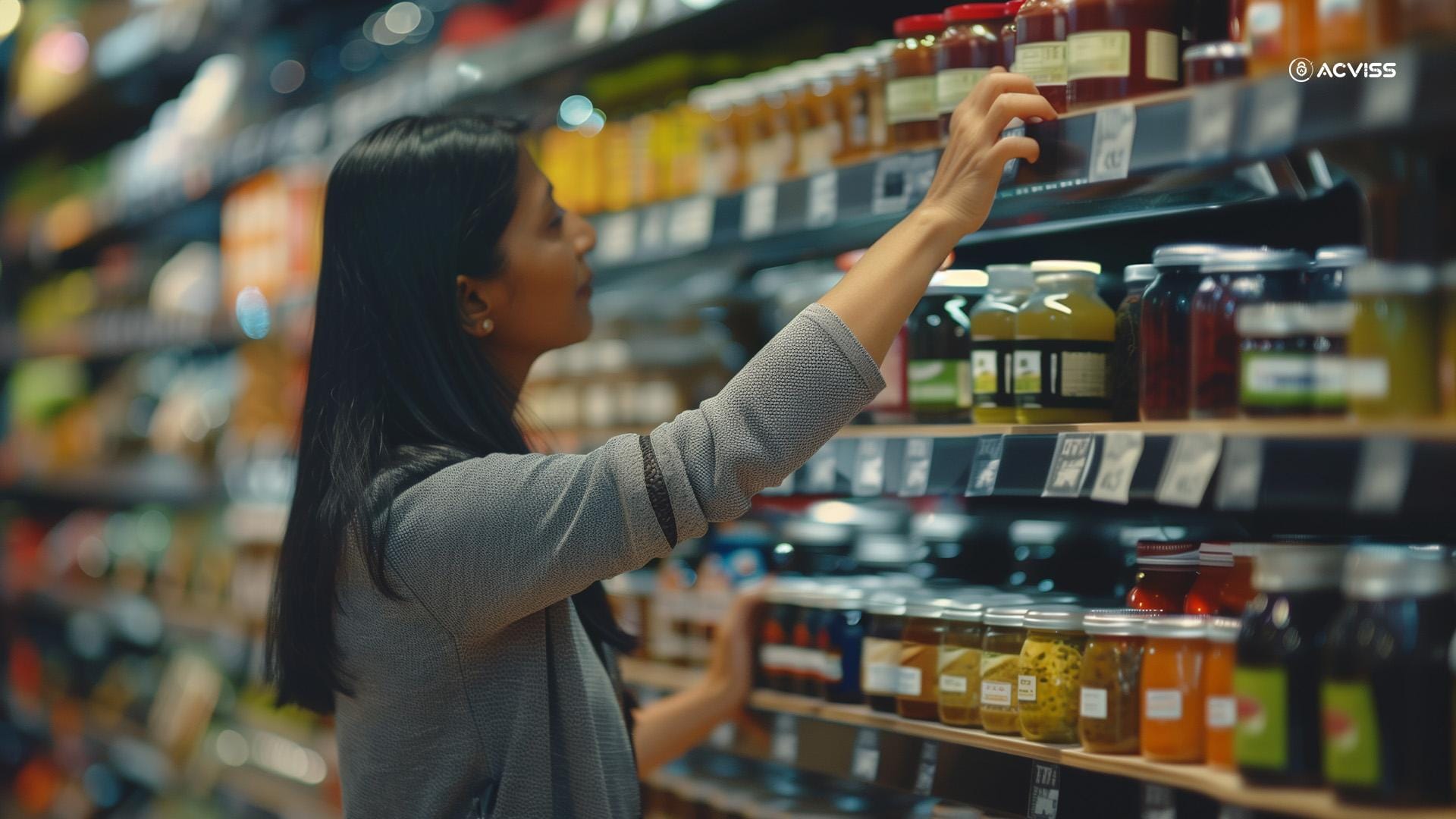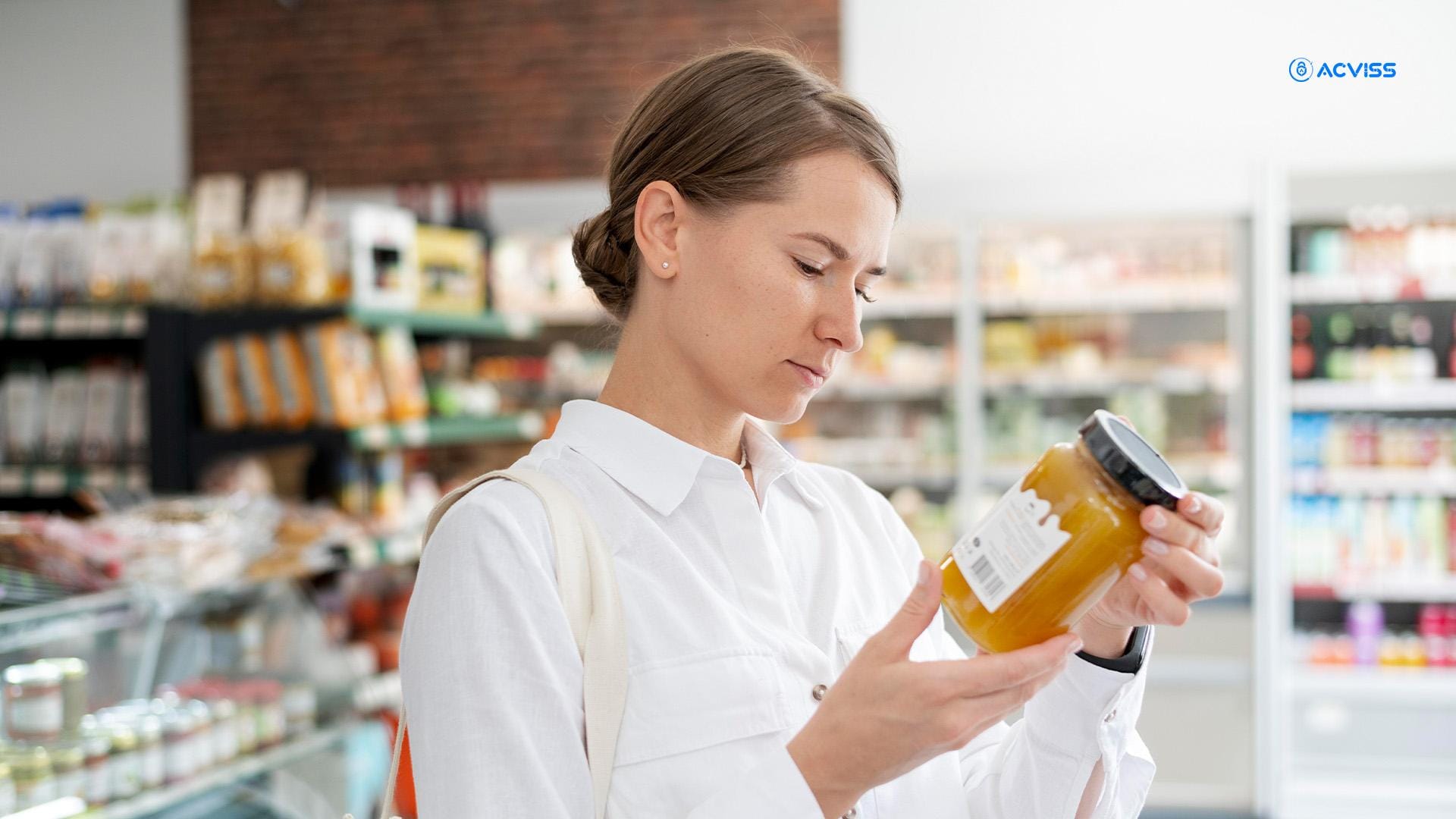The Hidden Dangers of Counterfeit Food Products: A Wake-Up Call for Brands

Every year, millions of unsuspecting consumers fall prey to counterfeit food products. Whether it's diluted olive oil, adulterated baby formula, or fake honey, the consequences are far-reaching, not only risking public health but also eroding consumer trust and tarnishing brand credibility. Counterfeit food is not just a matter of fraud. It's a critical issue that touches the very core of supply chain integrity, brand protection, and consumer safety.
For brands operating in the food and beverage sector, this is a quiet crisis. Unlike counterfeit fashion goods or pirated electronics, fake food doesn’t just steal intellectual property. It puts lives at stake. So why are fake food products so prevalent, and what can brands do to combat this persistent threat?
Understanding the Scale of the Problem
The global food supply chain has become complex and fragmented, stretching across continents. As supply chains grow, so does the opportunity for counterfeiters to slip illicit products into the system. From mislabelled seafood to expired dairy products rebranded with fresh labels, counterfeiters exploit weak points in logistics and documentation.
Interpol has, on multiple occasions, seized hundreds of tonnes of substandard or fake food. Yet these interventions are just the tip of the iceberg. For every fake shipment caught, countless others go undetected, silently reaching store shelves and kitchen tables.
This raises an alarming question: how many counterfeit products are consumed unknowingly? And what does this mean for the brands whose labels are fraudulently used?
The Repercussions for Brands

Beyond the obvious health hazards, counterfeit food products carry significant financial and reputational risks for authentic brands. Even when a brand has no direct involvement in the production of a counterfeit item, the association can be damaging. One headline about fake baby cereal in local news can shake years of consumer loyalty.
Brand verification and trademark protection become especially challenging in a scenario where counterfeiters use legitimate-looking packaging and mimic product authentication features. For consumers, distinguishing between real and fake becomes nearly impossible.
The costs incurred due to this phenomenon aren’t limited to lost sales. Brands also face legal consequences, damaged customer relationships, and the expensive process of brand rehabilitation. In extreme cases, businesses have had to recall entire product lines or shut down operations temporarily to investigate authenticity breaches.
Weak Points in the Supply Chain
One of the biggest contributors to the counterfeit food crisis is the lack of transparency and accountability within the supply chain. Often, multiple third-party vendors are involved in production, packaging, and distribution, each introducing a potential risk if not adequately monitored.
Product traceability, or the ability to track a product’s journey from source to shelf, is still underdeveloped in many regions. Without robust track and trace mechanisms, it becomes incredibly difficult to identify where the counterfeiting occurred or how it entered the distribution system.
Moreover, small and medium food producers may lack the resources or knowledge to implement advanced anti-counterfeiting technologies. This leaves them particularly vulnerable, even though they often form the backbone of regional food economies.
Why Traditional IP Protection Isn’t Enough

Registering trademarks and investing in IP protection is necessary, but it is no longer sufficient. Counterfeiters have become adept at replicating labels, logos, and even barcodes. In some cases, even well-meaning distributors and retailers are deceived.
Effective brand protection requires proactive monitoring, real-time product verification tools, and a complete overhaul of how authentication is viewed in the food industry. This shift from reactive to preventive strategies is key to defending not just IP, but consumer safety.
Leveraging Anti-Counterfeiting Technologies
Fortunately, the evolution of anti-counterfeiting solutions has kept pace with the counterfeiters themselves. Smart labelling technologies, blockchain integration, and AI-powered brand authentication platforms are helping companies regain control.
These technologies allow products to be verified by consumers through their smartphones. Not only does this empower customers, but it also provides brands with valuable data on product movement, market response, and potential red flags.
Incorporating secure product authentication tools early in the product lifecycle helps ensure that each unit in circulation can be traced and validated. With proper implementation, these tools also discourage counterfeiting by raising the cost and complexity of producing fake goods.
Building Consumer Trust Through Transparency

Modern consumers are increasingly aware of the origin and quality of the food they consume. A commitment to supply chain transparency isn't just a safety measure. It's a powerful brand differentiator.
Brands that openly share their traceability efforts are more likely to be trusted. This kind of brand authentication builds long-term loyalty and helps recover faster from crises if they occur. It's about showing, not just telling, your customers that their well-being comes first.
Integrating product verification processes into packaging and labelling enables direct engagement with consumers. It turns the point-of-sale into an opportunity for trust-building, education, and assurance.
And for brands that are ready to elevate their traceability strategy even further, Acviss’s Origin solution provides the next level of control. With blockchain-backed transparency and real-time analytics, it delivers complete product traceability across every stage of the journey. Because when it comes to food safety and brand protection, trusting no one is how you build real trust.
Time for a Strategic Shift
The hidden dangers of counterfeit food products are not just an emerging risk. They are a present-day reality with severe consequences. Brands can no longer afford to rely on fragmented or reactive strategies. What is needed is a comprehensive, technology-enabled solution that integrates seamlessly with existing supply chain management practices.
This is where solutions like Acviss come into play. With advanced track and trace capabilities and robust product authentication mechanisms, brands can implement end-to-end traceability that closes the loopholes counterfeiters exploit. For those looking to ensure secure supply chains, maintain consumer trust, and protect their trademarks, Acviss offers the tools to do exactly that.
